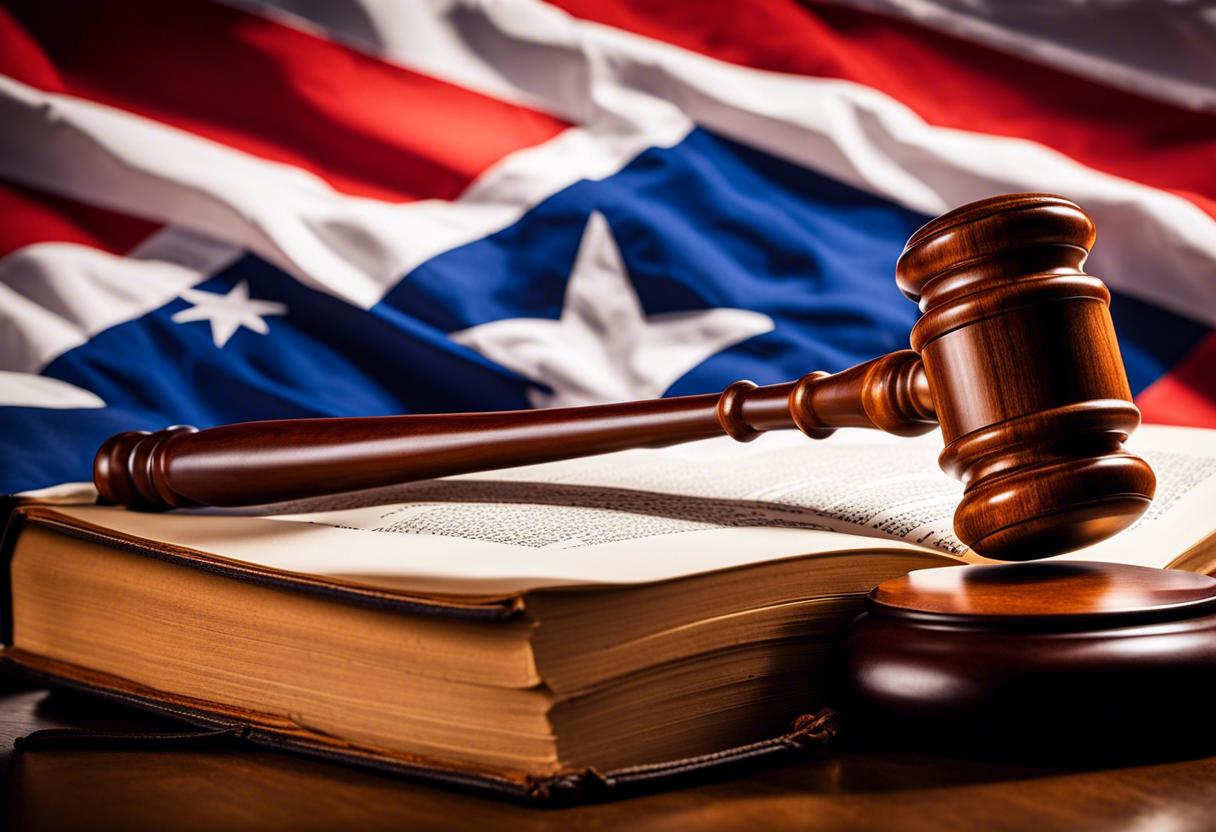The United States Supreme Court is set to review the lawfulness of a Tennessee prohibition, supported by the Republican Party, that denies transgender adolescents access to gender-confirming medical services, marking the court’s latest engagement in the contentious realm of LGBT rights. Following an appeal from US president Joe Biden’s administration against a subordinate court’s endorsement of the Tennessee restriction on medicinal and surgical treatments for minors grappling with gender dysphoria, the Supreme Court has decided to hear the case in the coming judicial year starting in October.
The opponents of the law assert that such denial of medical care for transgender youths infringes upon the equal protection and procedural due process rights guaranteed by the 14th amendment to the US Constitution, labelling it as gender and transgender-status discrimination. Over recent years, various similar laws have been enacted by states under Republican leadership, specifically addressing medicinal or surgical procedures for adolescents diagnosed with gender dysphoria—the considerable emotional distress stemming from the mismatch between one’s gender identity and the sex assigned at birth.
While the advocates of these restrictions have voiced scepticism towards the treatment methods branding them as experimental and potentially injurious, medical professionals have highlighted the increased suicide rates related with gender dysphoria and asserted that gender-confirming therapy could be life-saving, also citing long-term studies that attest to its effectiveness.
In an attempt to counter this legislation, multiple plaintiffs – two transgender boys, a transgender girl and their respective parents – lodged a lawsuit in Tennessee. They claim that these treatments have enhanced their quality of life. The US Department of Justice has also stepped in to oppose the law. Jonathan Skrmetti, Tennessee Attorney General, defended the law claiming that it was designed to “shield minors from irreversible gender interventions.” He further expressed anticipation about “bringing the battle to the US Supreme Court.”
This legislation disallows healthcare providers from giving puberty blockers and hormones for purposes “contradictory to a minor’s sex”; however, treatment for inherent conditions or early puberty remains permissible. Healthcare workers found in breach of this law can face legal action, monetary penalties, and professional disciplinary measures.
The attorneys for the plaintiffs expressed gratitude for the chance towards having their voices heard in America’s supreme judicial body. Alleging that these laws unjustly penalise and disrupt the lives of transgender youth and their families, Tara Borelli of LGBT legal group Lambda Legal stated that the Supreme Court has “traditionally dismissed attempts to retain discriminatory laws“ and hopes for a similar outcome in this case.
Chase Strangio, a legal representative from the American Civil Liberties Union, asserted that the bans, like that evidenced within Tennessee, are a perilous and prejudiced threat to the welfare of transgender youth nationwide. This lawyer categorised such bans as a result of a clear political agenda aiming to target a vulnerable group and infringe upon their primary rights.
No remarks were offered by the Justice Department on the matter as of Monday.
In 2023, the said Tennessee statute was temporarily obstructed by a federal judge, who reasoned that it very likely breaches the 14th amendment. However, this provisional injunction was overturned by the 6th Circuit Court of Appeals, a Cincinnati, Ohio-based court, in a 2-1 verdict in September of the same year.
The Court argued that lifelong federal judges should not stop citizens and lawmakers from providing their viewpoints regarding significant medical policies. They cited the importance of compassion for the children involved, which could be interpreted differently in different scenarios.
The Biden administration has requested the Supreme Court to review the matter, with the contention that the statewide prohibitions heavily damage transgender adolescents and their families. They argue this by denying treatments that have been considered necessary and appropriate for a severe medical condition by the affected teenagers, their parents, and medical professionals.
On Monday, the Supreme Court decided not to take action on an additional appeal of the 6th Circuit’s ruling, which maintained a like-minded law in Kentucky.
The state-level Republicans have launched various initiatives aiming to confine LGBT rights, which are inclusive of bans on discussions of gender identities within educational establishments, crackdowns on drag performances, and restrictions against transgender involvement in sporting activities.
Thomson Reuters owns the copyright of this information (2024).

